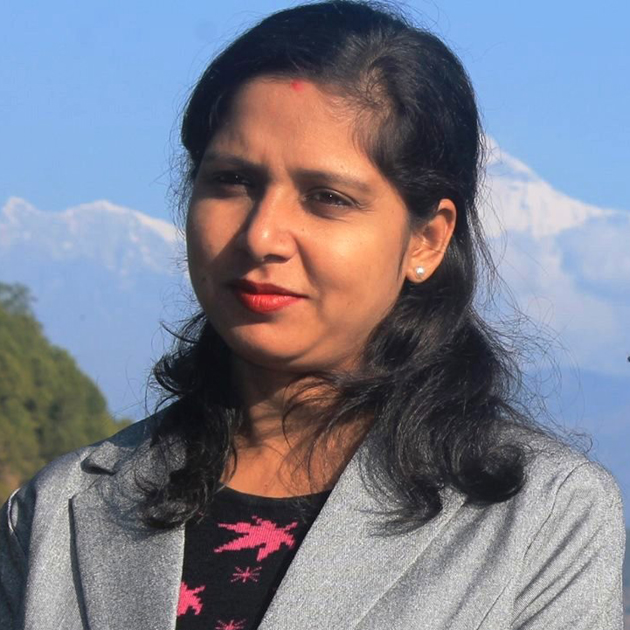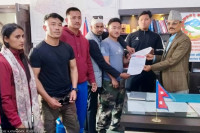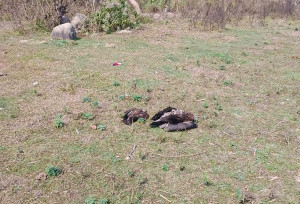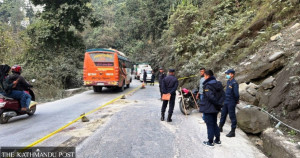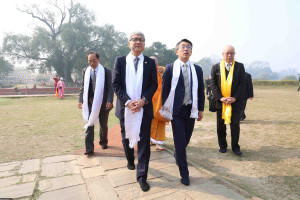Lumbini Province
Krishni Tharu’s journey from ex-Kamlari to Deputy Speaker
Krishni Tharu, Deputy Speaker in Provincial Assembly of Province 5, elected to the position in 2017, is a former Kamlari, an indentured girl child labourer, from the Tharu community.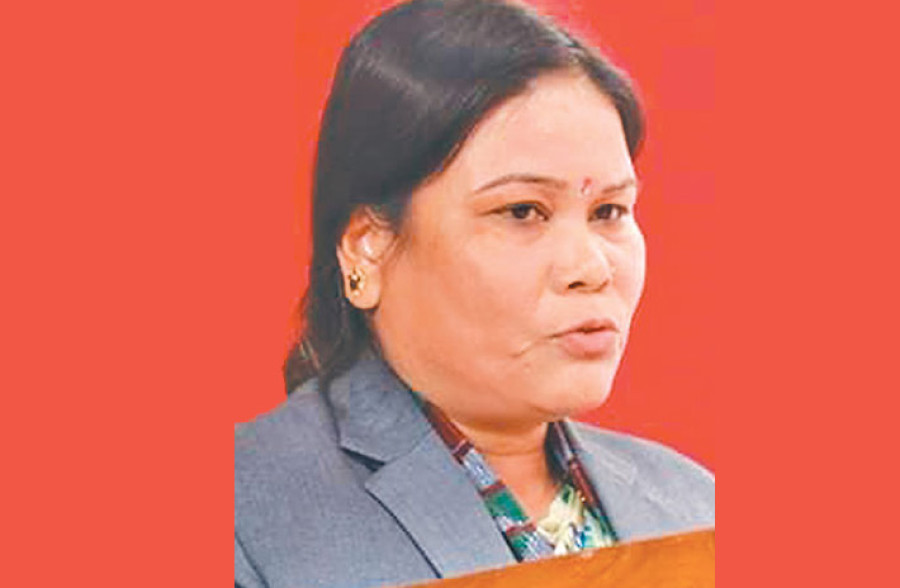
Amrita Anmol
Krishni Tharu, Deputy Speaker in Provincial Assembly of Province 5, elected to the position in 2017, is a former Kamlari, an indentured girl child labourer, from the Tharu community.
Born to a poor Tharu couple in Rajapur of Bardiya district 43 years ago, Krishni was only seven when she started working as a domestic helper, and was deprived of an education and of forming any familial bonds. As was the custom within her community, she was married to a Kamaiya (bonded labourer) when she turned 15. “I remember working from dusk till dawn for a pittance,” she says. “I then got married and continued the same work alongside my husband. That was the only way of life we knew; we couldn’t even imagine breaking the shackles of bonded labour and living a free life, whatever that meant.”
After spending 18 years as a Kamlari and a Brukeni (a domestic helper working alongside her husband), Krishni realised that if she were to break away from this vicious cycle of poverty, subjugation and humiliation she herself will have to make a conscious effort. All around her, people from her community were raising their voices against Kamaiya/Kamlari practices in Nepal. This was an opportune moment for her to join the cause. Following her unwavering dedication to the cause, she was selected as chief of the Freed Kamaiya Network at the VDC level, deputy chairman at the district level and member at the central level. She actively took part and led protests organised in Kathmandu for the rights and welfare of the freed Kamaiyas. She was later elected as national chairperson of Kamaiya Mahila Jagaran Samaj and struggled for the rescue and rehabilitation of the Kamlaris and the freed Kamaiyas.
For her work, she was then picked up as a proportional representation member for the provincial assembly by the CPN-UML party and was later nominated for the deputy speaker candidacy.
Speaking to the Post, she said, “It took a lot for me to reach where I am today. Although the Kamlari and Kamaiya practices have been long abolished, there is still much to do for the community,” said Krishni. She has been continuously advocating for the education, employment and empowerment of women and backward communities in Nepal.
The government declared Kamaiyas to be free on July 2, 2000. But Kamaiyas like Krishni had no place to go even after their emancipation. “I was compelled to stay at the landlord’s house with my husband and two children for seven months even after the government’s announcement. It was only much later that the state provided us with land where we built a hut and moved out of the landlord’s house,” said Krishni.
Krishni, despite being a freed Kamaiya, still had to endure hardships and face humiliation in society during her struggle for her rights. “Despite such hurdles I did not give up on my struggle. I urged other people like me to raise their voices for our community’s rights,” said the deputy speaker.
She joined the UML and vied for the deputy mayor position of Rajapur Municipality during the local elections in 2017, but was defeated. She was later included in the PR closed list by the
UML and was elected for the provincial assembly.
Krishi never got a chance to receive an education, but that did not deter her from learning to read and write in Nepali and English through adult literacy classes she enrolled herself in. She later passed grade eight and now convenes the provincial assembly meetings with due legal procedure. She is one of the few women lawmakers who encourage the participation of women in politics, and judicial and legal services.




 8.67°C Kathmandu
8.67°C Kathmandu